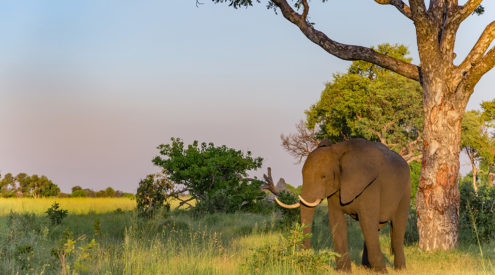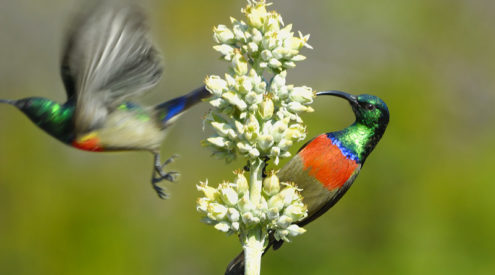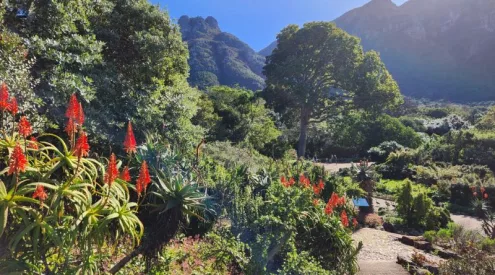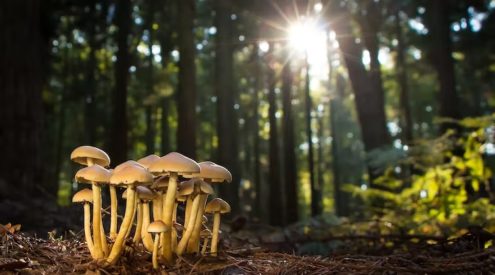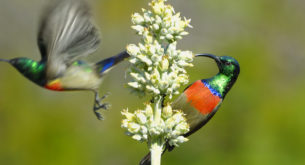Chile’s Atacama Desert is the driest in the world, but life nevertheless flourishes there from September to November, providing the area receives rain.
Too much rain is not always a blessing, however, and the South American desert ecology is now facing some serious biological implications as a result.

Image credit: Pixabay
Desert blooms generally follow rainfall, similar to our own Cape West Coast and Northern Cape regions, but, according to a new study by a team of Spanish planetary scientists and astrobiologists, the recent Atacama rains appear to have wiped out the majority of the arid region’s microorganisms that produce its seldom-sighted wildflowers, among other species.
Having three desert blooms over a three-year period is considered freakishly rare, as the flowers usually only appear every 5-7 years. It’s especially strange considering that some parts of the Atacama don’t see a drop of rain for up to four years at a time. The increased rainfall in the area has been attributed to climate change caused by global warming, which has altered natural conditions in the Pacific Ocean region.
Also read: A blooming good flower camp adventure
Atacama has often been compared to the inhospitable red planet, Mars. The presence of water came as a shock to the desert ecosystem and its surface soil – called an ‘osmotic shock’ – as stated in the journal article’s abstract, which explains that plants and microorganisms suited to arid conditions can perish when water suddenly becomes abundant. The study reports that excessively salty lagoons were formed and still remain, which is problematic for the desert ecology.
While we’ve been spoilt by views of the desert flowers as recently as 2015 and 2017, this study has us wondering when we’ll be able to glimpse another floral bloom in the world’s oldest desert. For the moment, we’ll just have to reminisce about those rare seasonal blooms of wildflowers in the Chilean desertscape.
View this post on Instagram
View this post on Instagram





